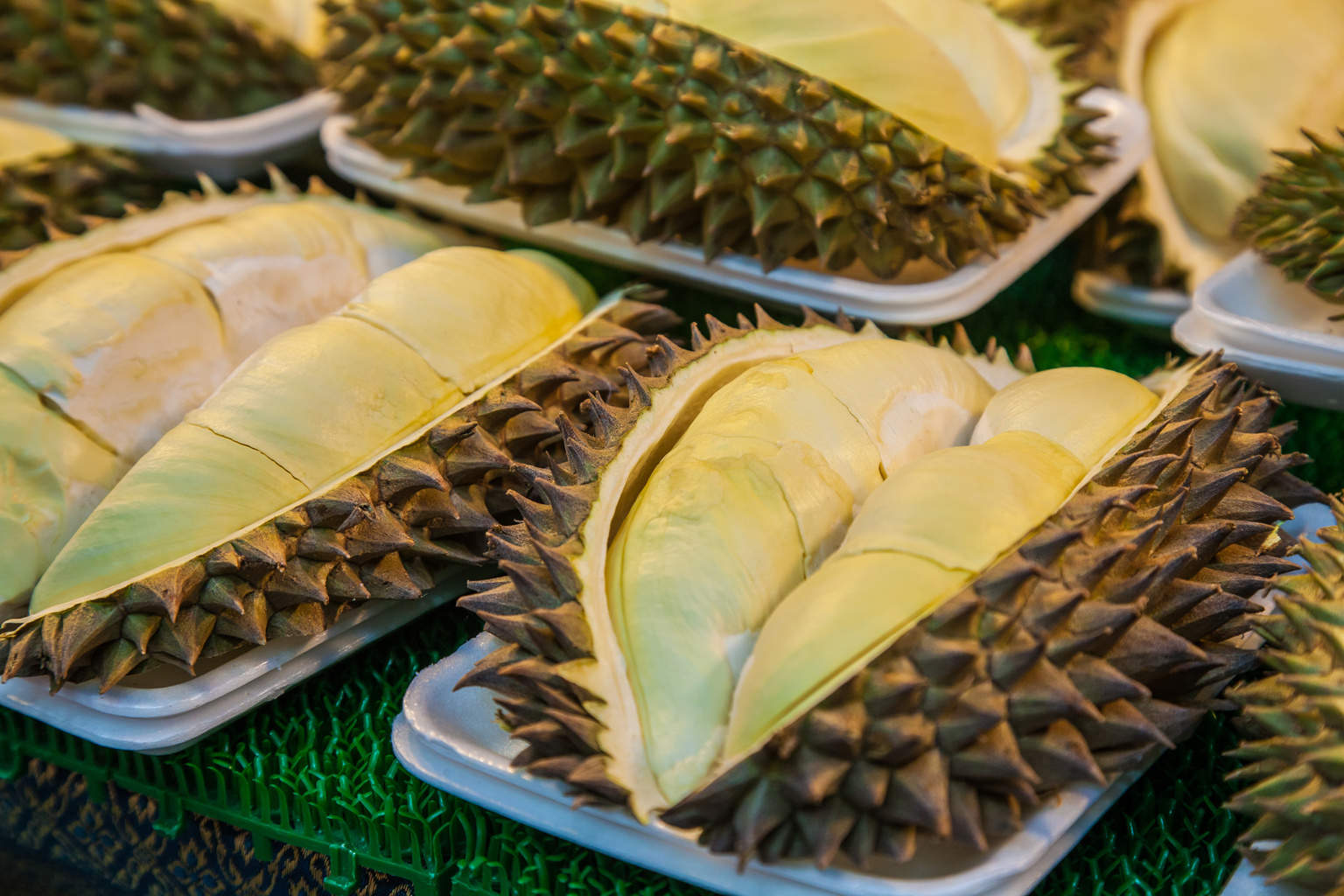Are you the kind of person who feels at one with nature? If so, how would you feel if you knew you could combine your passion with your career? People always tell you to do what you love when it comes to looking for jobs, but that is much easier said than done. Unless, however, you love nature and the environment. If those are your passions, there is a plethora of jobs out there waiting for you. One such job is the role of ‘botanist’.
As a botanist, you will have the opportunity to spend all day with plants, from the tiniest grains of wheat to the mightiest trees. You will be part of the force that nurtures nature and helps claw back the planet from the brink of destruction. Do you think you are ready for it? Read on to learn all about the daily life of a botanist.
Basics of the Job
As mentioned, a botanist is someone who studies plants. Throughout your career as a botanist, one common theme will be the application of your knowledge of plants to teaching, research, conservation, and other important areas. One example of a project in which your expert will be required is the compiling of a report on an environmentally sensitive area. You will record data on the plants in this area and use this to keep them healthy in the long-term.
You may then use the information you have collected from this area to identify other sensitive areas that could use a similar level of protection. You will carefully note the different species in these areas as well as their characteristics and the frequency with which they appear. If you’re lucky, this environmentally sensitive area might just be one of the most beautiful places you have ever travelled to. That’s just one perk of a job like this.
Job Duties
Your main responsibility as a botanist will be to monitor the health of the plants under your care. This could involve studying their growth and development as well as planning distribution methods and conservation projects. You may also need to conduct a survey of certain areas to gather data and specimens.
In order to stay up to date with the most recent developments in this area it will be vital that you research and review new scientific literature. Once you have a certain level of expertise you might be expected to contribute to this and publish your findings. You will spend time liaising and collaborating with other botanists and presenting to government bodies and interested industry leaders.
Where You Will Work
As a botanist you will split your time between the office, lab, greenhouse, and field. Your time in the field and greenhouse will generally be used to conduct practical research. This may include studying plant specimens and writing up inventories. Back in the office, you will write up your research into manageable reports and develop coherent databases. In the lab you will process and analyse the specimens you collected in the field.
Who to Work For
Vacancies for botanists are limited but do not let that deter from pursuing this as a career option. Botanists are highly valued and can find interesting work with conservation authorities, environmental consulting firms and biotechnology companies. There is also work available in government departments and educational institutions.


































